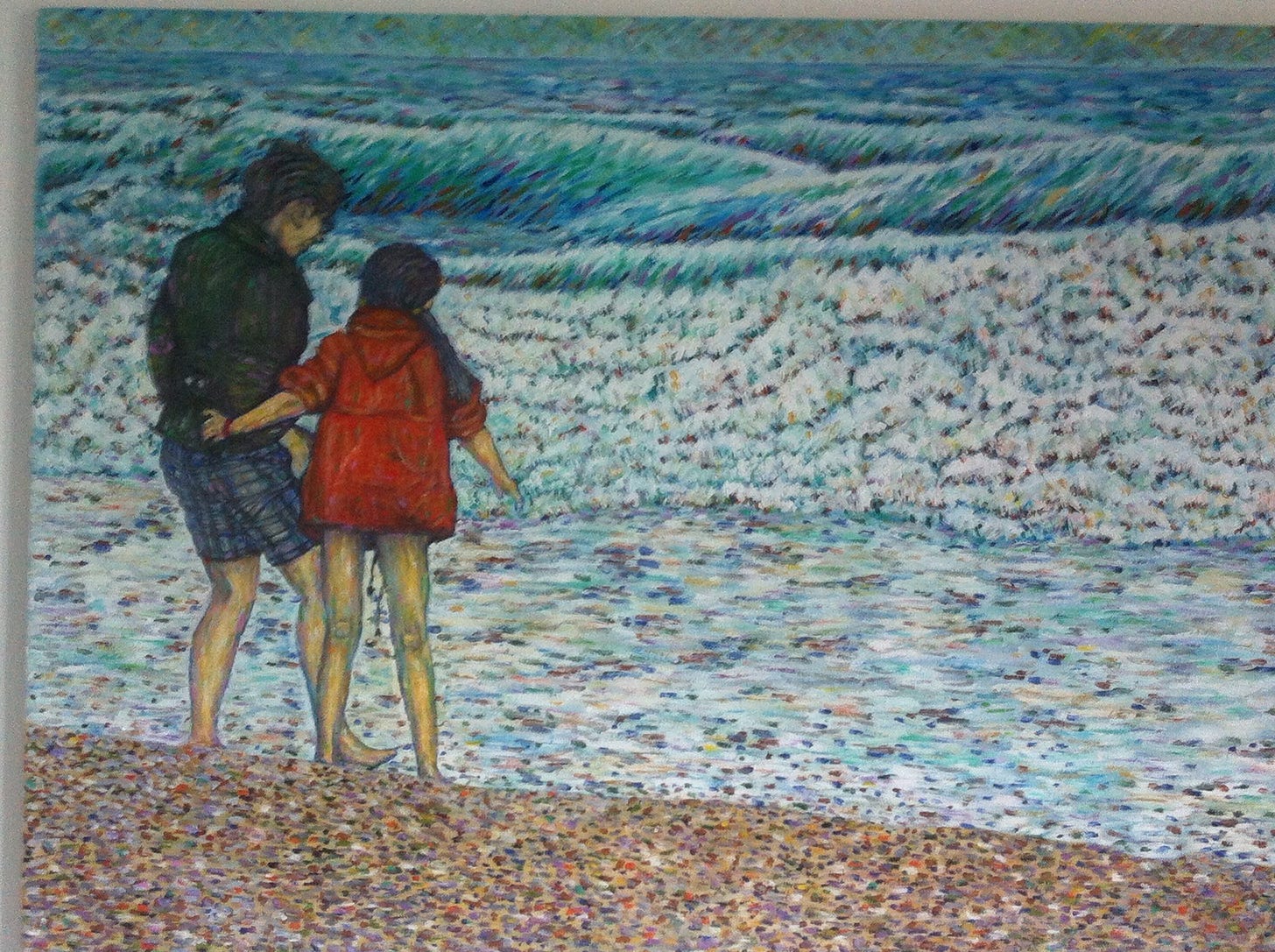Although I wrote this article some time ago, I continue to be reminded of its theme of how much we all live in different worlds. It is a concept that can be difficult to grasp, because our own 'world' is so real to us. However, until we accept this fundamental truth, life and particularly relationships, can be much more challenging.
How often have you found yourself saying in frustration "How could they dothat!!?" or " How could they think that!!!?"
The simple answer:
"Because they are not you."
This has been my reply many times to an angry or frustrated manager, unable to understand the reason for the words or behavior of a team member, (or even his/her own child.)
I remember very well feeling this same frustration until I came to understand the existence of the different worlds...., worlds that can either collide or collaborate..., depending primarily on us.
To explain:
Everything that we see and feel, we see and feel through the unique lenses of our own personal history, which makes up our 'world'.
I liken it to the crazy mirrors we find at fairgrounds that distort our image when we stand in front of them.
When we come to accept that each of us has our own unique set of personal history crazy lenses covering our eyes, we can better respond to 'seeming' out of tune words or behavior.
It is easier to understand and accept this concept using an inanimate object, before shifting focus to a situation that might well be emotionally charged.
Let's use a painting as an example. What one person sees or feels when they look at a painting is often very different to what another person sees or feelswhen looking at the same painting...., and perhaps worlds apart from the artist's emotions that inspired the story depicted in his creation.
Expanding out from this base, when we finally accept that everything we see or hear generates thoughts and emotions and a 'world' filtered through the crazy lenses of our history to date, we experience a paradigm shift. We become less inclined to 'react' with frustration and instead to 'respond' with fascination, "Seeking first to understand" by asking with genuine curiosity: "Tell me about your world".
Understanding the concept of the different worlds is a fundamental key to improving our communication with others, be that in the workplace, the family or any other life situation, resulting in more often experiencing the joy of collaboration, rather than the pain of collision.
So, whether it be art or life...., to answer the rhetorical question:
"Do you see what I see?"
"No you don't but that's okay."
Just please....., tell me about your world.
(Painting by Eustachio Festa)





I had a conversation with someone a few years ago who used to be in my life more regularly and life has simply taken us on different paths and I remember telling him that we just live in different worlds now. He got very upset and said there is only one world, one reality and that we were both living in it. Eventually, I had to let go in that conversation because no matter what I said about how we each perceive the world differently, he couldn’t hear that and I had to come to peace with that. Here in Jamaica, they have a saying “7 different brothers, 7 different minds” and I think that speaks well to the innerstanding that we each have our unique way of experiencing and viewing life/the world. Thank you for a thought-provoking read! A deep bow and a lotus for you 🙏🪷